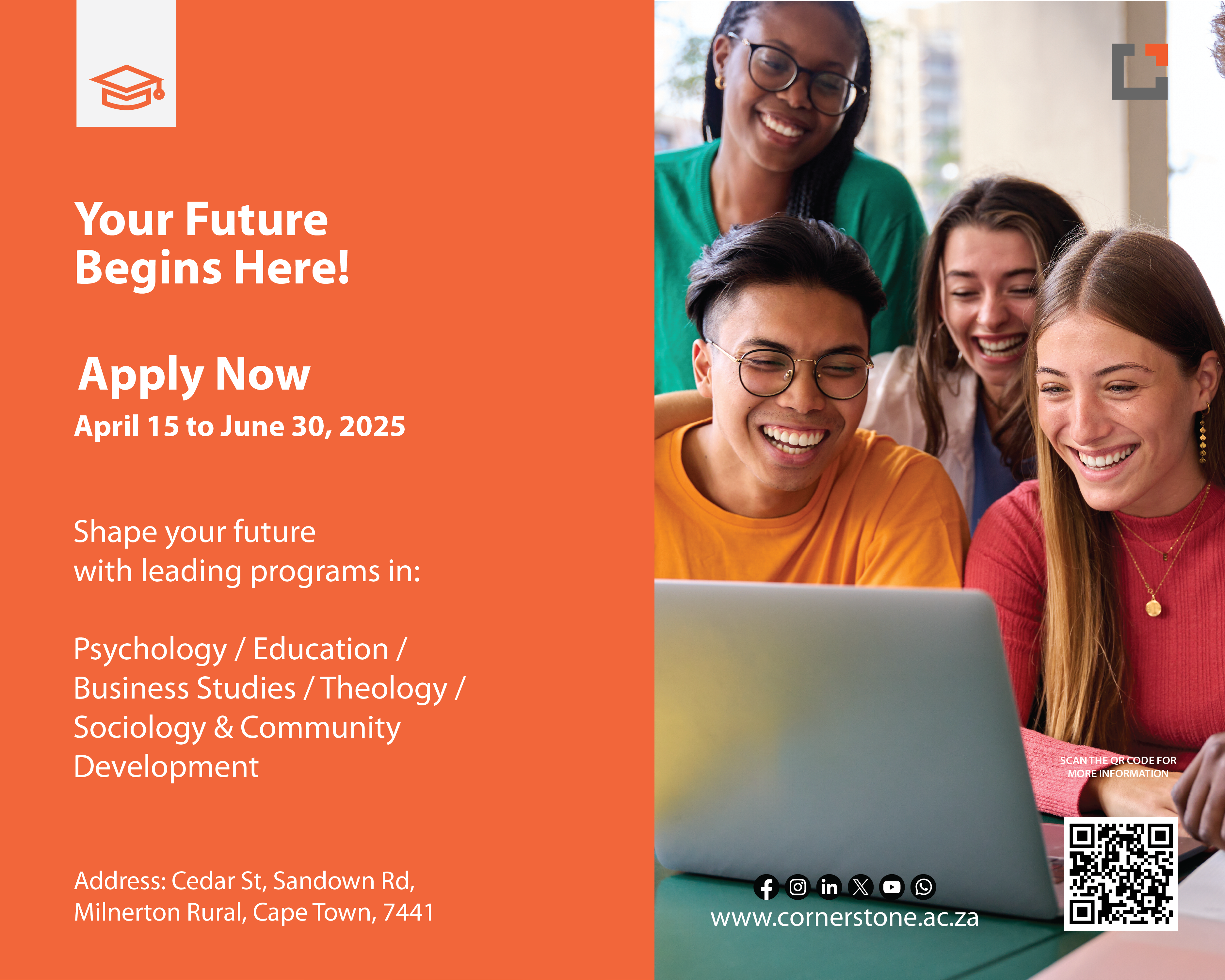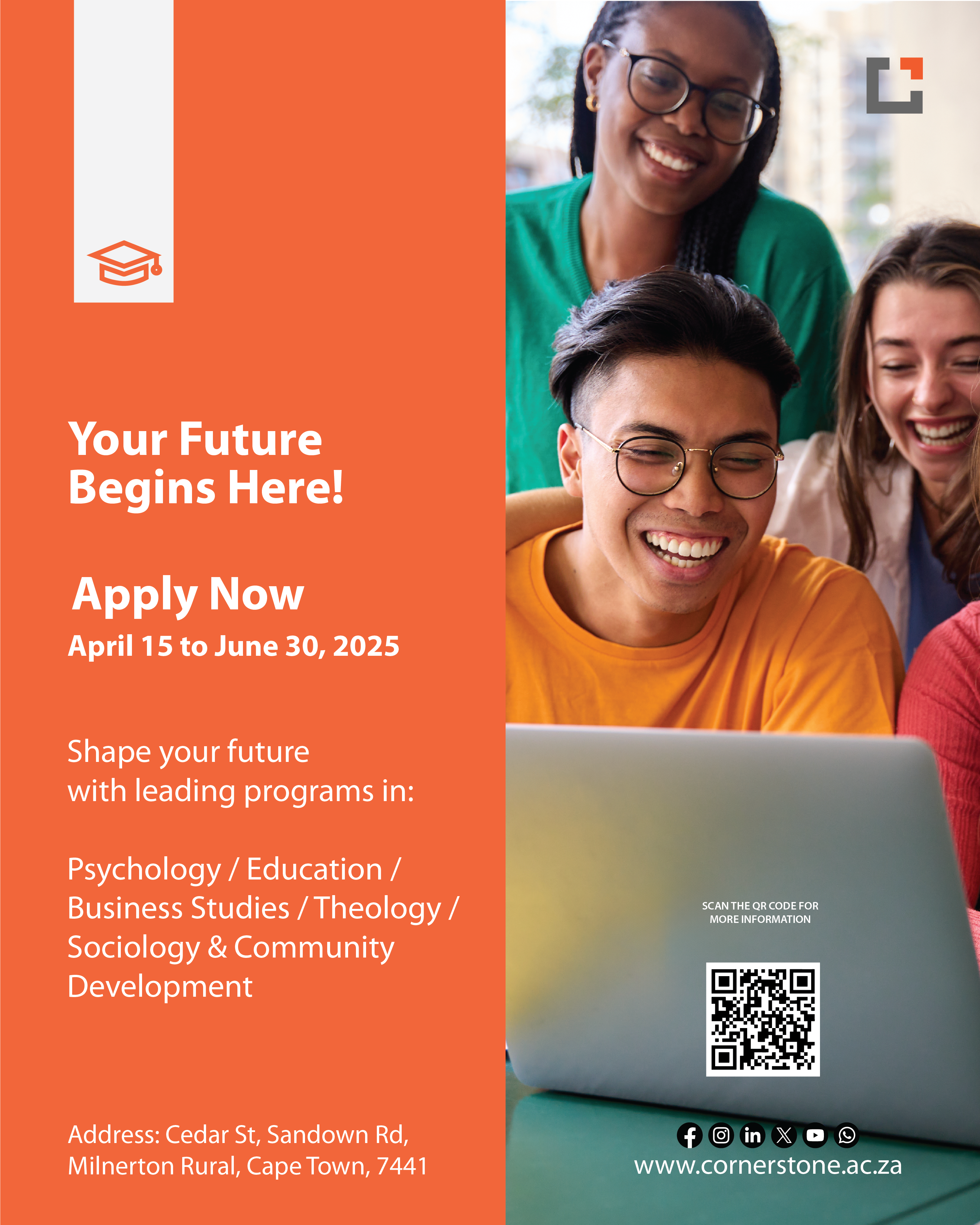Back
6 January 2025
Understanding The Importance Of A Recovery Curriculum
By Dr Natalie Solomon, Clinical Psychologist and Director of Research at Bellavista S.H.A.R.E
COVID 19 has been significantly traumatising for many whether it be personal loss, loss of structure and routine, loss of Identity, loss of social support or financial loss.
Educators are now engaging with a stressed population of learners. COVID 19 has introduced a chronic threat to everyday living. As our children return to this new normal, we cannot simply pick up where we left off. Things have changed. Schools look and feel different. Children cannot hug, touch or even be close to each other; social distancing measures are now in place and masks have to be worn. While school is a place to learn, sometimes children’s brains and bodies are just not able to relax enough, or feel safe enough, to be able to let their guards down and learn. When brain is stressed time centre’s go offline. When the emotional part of our brain takes over our cognitive brain goes offline. The body gets flooded with adrenaline, as a result the primary focus of schools needs to move away from catching up on time and content missed, to containing and regulating young minds, preparing the foundations so they are available for learning.
As children return to school it is important that our expectations are not unrealistic. We need be aware that even before the pandemic the rates of anxiety, depression in children was high. Now even more so. We need to extend grace to our children.
What we are seeing in the classroom is struggles with: separation anxiety, lack of stamina, poor transitioning from one activity to another, friendship difficulties, low level disruption and somatic responses e.g. headaches and tummy aches.
The idea of the Recovery Curriculum was introduced by Barry Carpenter. It is a framework, rather than a prescriptive tool. It is aware that every learner is potentially vulnerable to anxiety during the transition back. It notes that children’s behaviour and cognitive state will regress when they are anxious and have experienced trauma. Recovery curriculum has a focus on creating trauma informed, nurturing spaces and puts wellbeing of children at the forefront. The focus is on establishing emotional safety and collaborative relationships. There is a shift from academics to focus on reflection, relationships, and resilience resourcing.
What do we want to do to help our children learn? Creating safety and managing uncertainty means we make use of emotional containment, connection, communication and a positive means to look forward towards the future.
A trauma informed classroom focuses on creating belonging, predictability, organisation, regulation, differentiation, and secure relationships. While the pandemic has left many students feeling stressed and uncertain about the future, schools can become places that help students learn and thrive in this uncertainty.
About Bellavista SHARE
Bellavista S.H.A.R.E. is the Education Resource Centre of Bellavista School, an independent school in Johannesburg that is widely regarded as a centre of excellence in the field of remedial education. With the Bellavista S.H.A.R.E initiative, the school harnesses the collective capacity it holds within its own staff to improve the quality of educational delivery in Southern Africa by sharing its wealth of professional knowledge, experience and collective expertise with the community of educators and health professionals working with children in the region.


